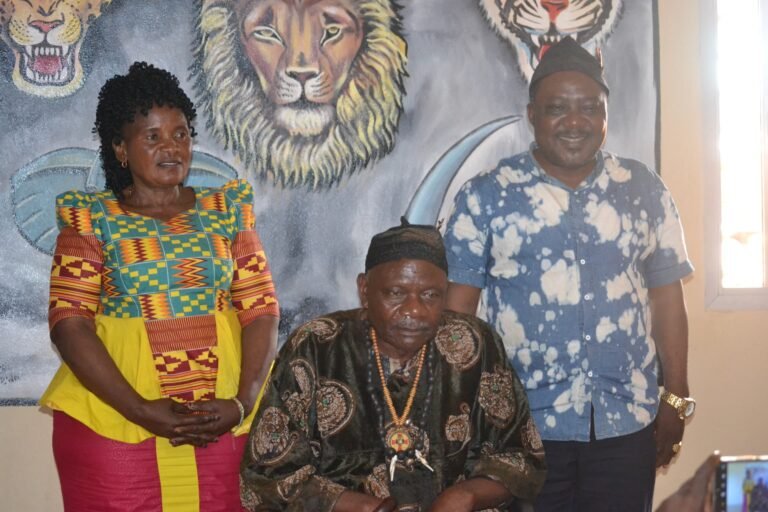Ngie, Momo – A meeting of Ngie elites took place on Saturday, November 23rd, at 10 am in the conference room of the Regional Assembly building in Bamenda. The assembly was attended by a diverse group of political, civil society, business, and traditional leaders from across the country. This gathering was convened by the prominent members of the ruling CPDM party in the Momo IV section, notably under the leadership of Justice Mbah Acha Rose, head of the Momo central committee and Minister of Supreme State Audit. Key figures in the discussions included section president Ujambeng Stephen Andong, Mbong Grace, the parliamentarian for Momo West, Awutah Philip, and Ubangoh Helly, the Mayor of Andek Council.
The meeting culminated in a three-page memorandum focusing on essential development objectives for the Ngie Local Government area. A five-member delegation is set to present this memorandum to the presidency in the coming weeks, with hopes of reinforcing ongoing development efforts initiated by current CPDM political leaders, which have been deemed insufficient and exclusionary. The proposals outlined in the memo emphasize the importance of agriculture, poverty eradication, skills development, job creation, resource management, and economic diversification.
Additionally, the memorandum includes recommendations for improving infrastructure, such as constructing new farm-to-market roads and rehabilitating existing ones. It also advocates for the empowerment of youth, women, and vulnerable populations and seeks to strengthen the union of traditional leaders. The need for a comprehensive framework for sustainable development is highlighted, alongside a database of qualified Ngie elites who could represent the community in government decision-making, should opportunities arise. The forum’s discussions revealed concerns about the underrepresentation of Ngie citizens in decision-making circles in Yaoundé and proposed names of competent individuals from various sectors, including academia and civil society, who could potentially contribute to government initiatives. The impact of the Ambazonia conflict on development in Ngie was also recognized, prompting a call for solutions to these challenges.
The meeting provided an opportunity for Ngie Fons, represented in the forum, to assert their need for greater support and recognition from the state to enhance their efficacy in governance. Currently, the highest-ranking Fon in Ngie holds only a second-class title, while the remainder are third-class, which hampers their ability to serve effectively as state auxiliaries. The Fons also urged the Ngie elites to foster stronger connections and provide resources to empower them in their roles as custodians of their cultural heritage, particularly as many currently reside outside their villages due to the ongoing Ambazonia conflict and various infrastructural impediments.

